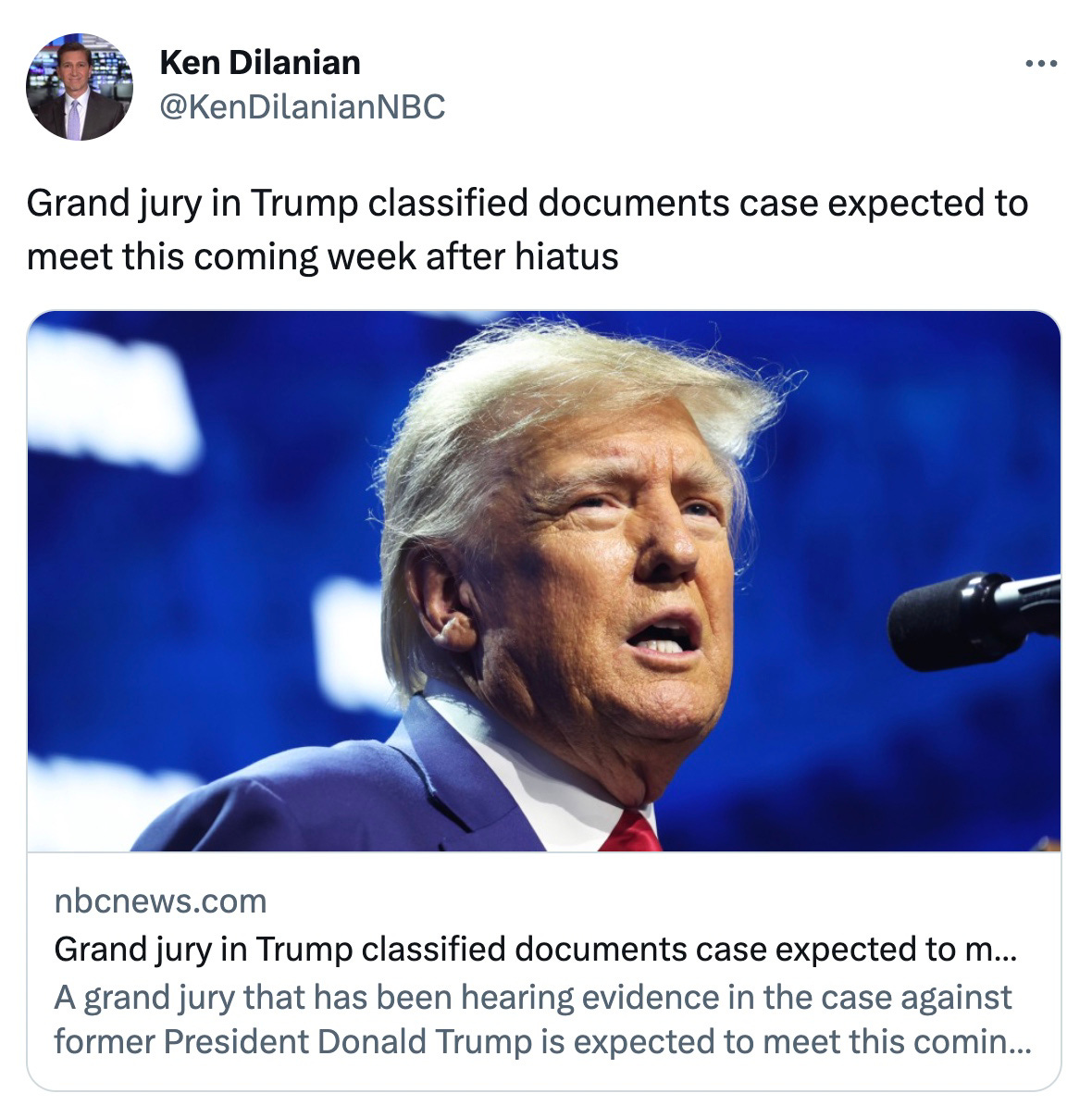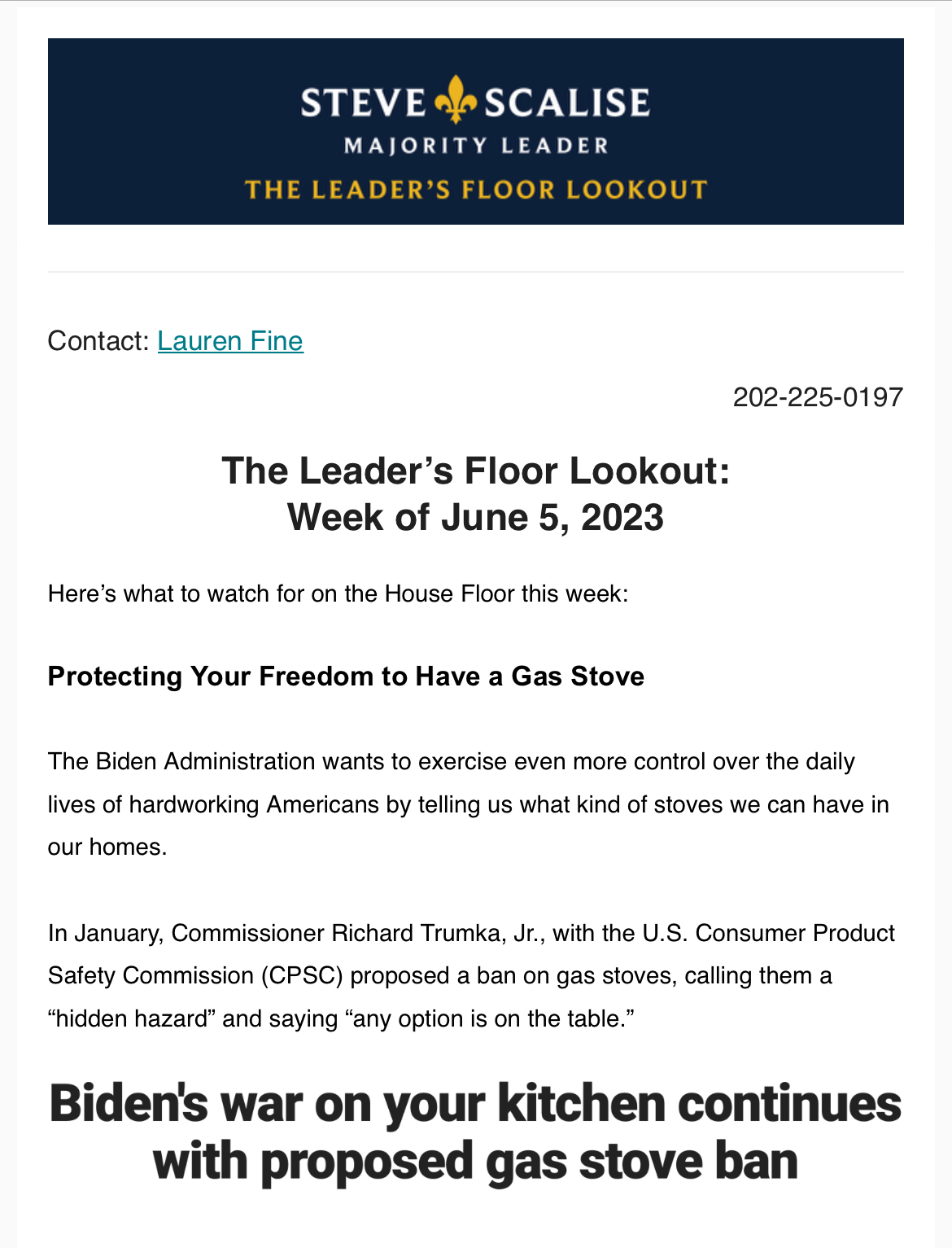On June 7, 2022, at 7:59 a.m. I published the first post on Civil Discourse. It went to the 24 recipients who had signed up in anticipation, although only 75% of them opened the email that was delivered to them.
But then, people started sharing the post, both on the internet and in email. Ultimately, it was read by 14,400 people. By the end of the day, more than 6,000 people had subscribed to Civil Discourse.
We started with a simple question: In an era where it’s essential that we take intentional care of our fragile democratic institutions, how do we deal with all of the issues that are competing for our attention?
In June of 2022, that meant everything from the threat to democracy posed by the rise of populist, white supremacist movements to the January 6 Committee hearings that were about to begin, along with protecting the vote, pandemic preparedness, gun violence, civil rights, hate crimes and police reform.
It was an overwhelming moment—in its way perhaps even more overwhelming than today—because while Trump’s attack on our country was clear, there was no certainty anything was going to be done about it.
When I started Civil Discourse, I wanted to help people stay informed, to understand our legal system, which is sometimes presented in unnecessarily complex terms, and, if they were interested, to figure out where they fit in, where they could help or make a difference. As we approached the start of the January 6 committee hearings, it seemed to me that it was possible we were finally going to see progress towards justice.
I shared with y’all that I left the private practice of law in 1991 to join the U.S. Attorney's office in the Northern District of Alabama, thinking it would just be a short career detour. But I learned that there was no higher honor than serving the people of the United States and nothing that I wanted to do more. Even after leaving the Justice Department—I resigned the night before Trump's inauguration—I felt, and continue to feel, an ongoing obligation to share what I had the privilege to learn about our justice system and our democratic institutions. In that first post I wrote, “ultimately, it's an educated public capable of informed civil discourse that sustains effective, fair government. Accountability happens when citizens demand it. Sometimes, they need to do it loudly and persistently.”
And I scribbled what has become my tagline for every post, “We’re in this together,” on the spur of the moment, without much thought, because it was exactly how I felt in that moment. I still feel that way.
As of today, there are more than 120,000 subscribers to Civil Discourse. Strangely, we find ourselves, quite possibly, on the eve of the first federal indictment of Donald Trump. Those two events seem like appropriate bookends for the first year of Civil Discourse: the start of the January 6 committee hearings and the final stages of the special counsel’s investigation into Trump’s illegal retention of classified and sensitive material after he left the presidency.
Is it possible that we’ll see the first federal indictment of Donald Trump the same week that Civil Discourse turns one? It’s possible that could be what the week ahead has in store, and we’ll be watching carefully for signs of that since there is news that the Washington D.C. grand jury reportedly considering this matter has been reconvened this week after weeks of inactivity.
That could mean that the grand jury will be asked to consider an indictment, although it’s also possible it has additional investigative work to complete.
More details of the government’s evidence against the former president continue to be reported out. The government has evidence of a type it almost never has access to—notes made by one of Trump’s lawyers, former prosecutor Evan Corcoran, about meeting with his client. Usually, that kind of material would clearly be protected by the attorney client privilege. But District of Columbia District Judge Beryl Howell permitted prosecutors to use the crime-fraud exception to the attorney client privilege to pierce that protection and obtain the notes. Simply put, you can’t hide criminal scheming within the attorney client privilege. What’s utterly fascinating here is that a person familiar with the contents of the sealed memorandum Judge Howell wrote to record her decision-making process told the New York Times that this is not a case of an attorney conniving with a client. Rather, “prosecutors believe Mr. Trump knowingly misled Mr. Corcoran about the location of documents that would be responsive to the subpoena, according to a person familiar with the memo’s contents.” Corcoran continues to represent Trump.
More is likely to unfold about this situation this week, but if true and if the government can prove it beyond a reasonable doubt, this nucleus of facts could form the basis for charging Trump with obstruction of justice, and his lawyer’s contemporaneous notes regarding Trump’s conduct, comments, and even, as reported, his facial expressions, could come into evidence, either from the attorney’s testimony, or if he testifies differently from the information in his notes, from the notes themselves. Trump is always the best witness against himself.
The Trump investigation is what I expect we’ll all be focused on this week, although it’s not certain we’ll see an indictment this week. If there is one, I’ll do my best to keep you on top of what it involves and to provide the analysis you’ll want of the indictment itself, of the legal precedent the government is relying on, Trump’s possible defenses, and how we can expect the court to proceed. The judge the case is assigned to will matter a great deal, so we’ll take a look at that. Like always, I’ll give you links to primary sources so you can read them and make up your own mind. If there is an indictment this week, or anytime soon, we’ll be learning about the discovery process in a federal criminal case—something I worked on creating national standards for as a U.S. Attorney. We’ll learn a lot from the different pretrial motions Trump, and the government as well, will file.
House Republican Majority Leader Steve Scalise doesn’t want you to pay attention to any of that. In his weekly message tonight, he cautioned people to be wary about protecting their right to have a gas stove. That’s where the Republican Party is, in this difficult but important time.
So, that’s the week ahead. And it means that the year ahead of us holds no shortage of important events that future historians will look back on, but that we will live through:
The first state and likely the first federal prosecution of a former president.
The run-up to an election where one of the leading Republican party candidates will be a former president who tried to overturn the results of an election he lost and interfere with the transfer of power.
A leading candidate running on a record that involves book banning, ending academic freedom, and assigning second class citizenship to Black people, Hispanics, the LGBTQ community, women and more. Trump has shown what a truly brazen person can accomplish in the role of president and Ron DeSantis, theoretically better educated and smarter, seems determined to “improve” on that model.
There’s a lot ahead of us. I hope you’ll stick around for a second year of Civil Discourse. You and this project are incredibly important to me. I’d love it if you’d celebrate with me. The comments on this thread are open to everyone—I hope you’ll share your thoughts there or raise a glass wherever you are. Honestly, I’m pretty happy with our modest little project.
We’re in this together. Always.
Joyce






So, so glad you are doing this. You are, and I am not exaggerating (I am a retired lawyer), a national treasure, a breath of clarity and decency, and I stop what I am doing to listen to your perspective on MSNBC as well as read Civil Discourse daily.
If Jack Smith doesn't move forward on an indictment, then there truly are two systems of justice. I remember Watergate, and despite Nixon's crimes most Republicans stood for the law. Now Republicans lie, incite rage and run cover. Your insights and measured responses on MSNBC gave me hope that maybe all wasn't lost. So thank you for this community. The fact you're also a "chicken lady" is an added benefit. Happy Anniversary.